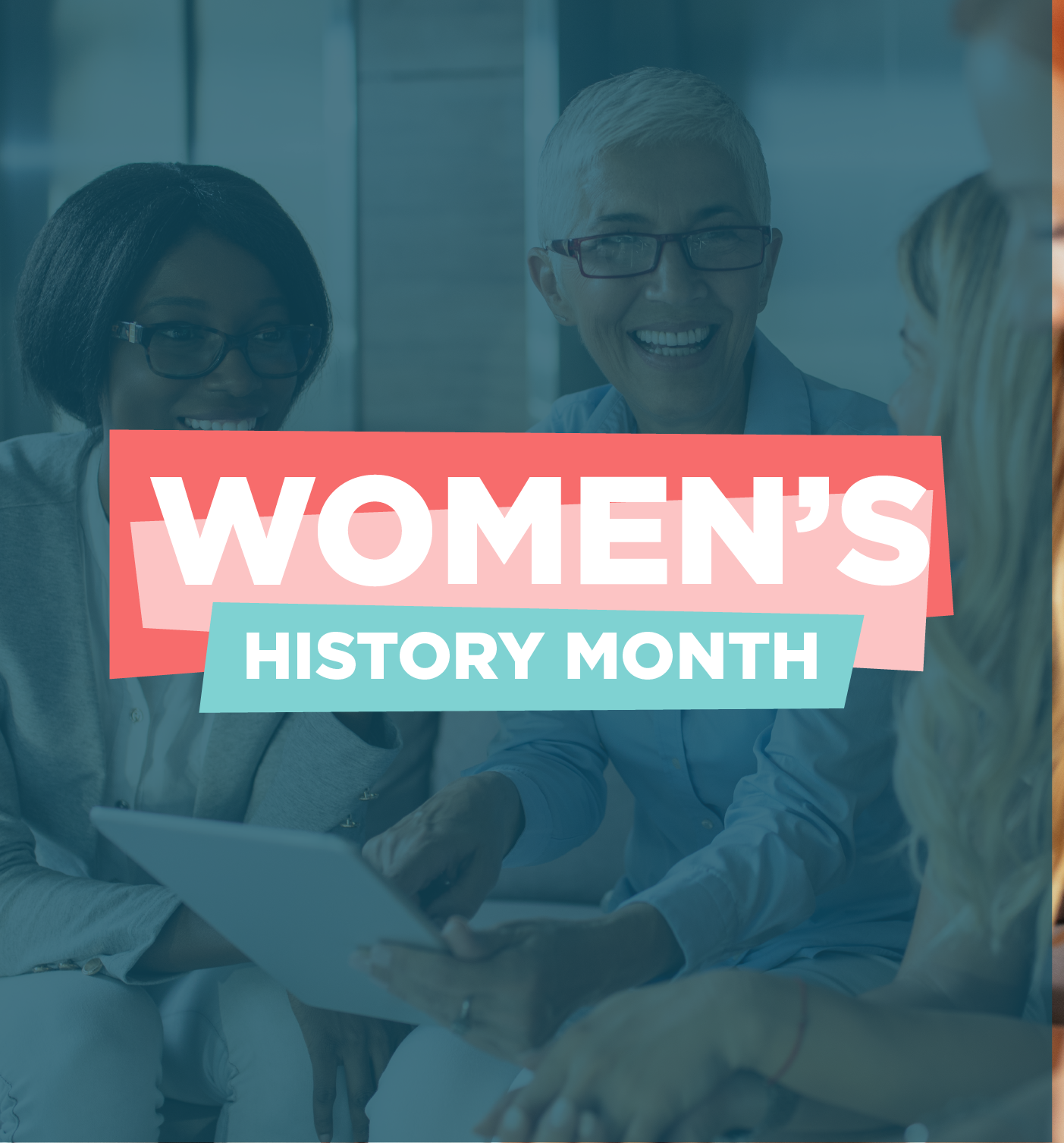Health Insurance & Right of Recovery for Self-Insured Employers
October 8th 2025
When onboarding new employees, self-insured employers often focus on the essentials—payroll, benefits enrollment, and health plan options. But as a self-insured Plan, what about the language within the Master Plan Document that allows you to bring money back into your organization: your Plan’s right of subrogation and right of recovery.
What does this mean for you?
Imagine one of your employees is injured in a car crash caused by another driver. They receive emergency room care, and their health insurance card is used to process the claim. Your third-party administrator (TPA) receives, reviews and pays the medical bills related to the car crash—but behind the scenes, an investigation needs to be completed as to whether another party is financially responsible for the bills covered by the Plan.
If the accident was caused by someone else, you as the Plan have the legal right to recover the costs it paid from various sources, either the First Party coverage (Med Pay, PIP, Uninsured Motorist or Underinsured Motorist coverage) or the adverse parties carrier (Liability coverage). This is your right of recovery as outlined in the Plan document.
Why it matters
Every dollar recovered through subrogation goes directly back to your health plan and is a vital cost containment strategy for your organization. For self-funded plans, this isn’t just a legal technicality—it’s a financial safeguard.
Subrogation ensures the Plan doesn’t absorb costs that should be covered by another insurer. It’s a way to protect your bottom line and uphold your fiduciary responsibility to manage plan assets wisely.
What should you do?
- Review accident-related claims carefully. Look for indicators another party may be liable. Don’t rely on a medical provider to include an accident code on the health insurance claim form.
- Work with your TPA or subrogation partner. Ensure they have the tools and expertise to identify and pursue recovery opportunities.
- Don’t leave money on the table. If you don’t have a dedicated subrogation resource, consider partnering with Davies.
Subrogation isn’t just about legal rights—it’s about financial stewardship. Make sure your Plan is equipped to recover what it’s owed.
Find out more about how Davies can help with subrogation services.
-
March 31st 2023
Why Insurance Carriers Should Pursue Subrogation (and Why You Need a Subrogation Partner)
Subrogation is a tricky one to explain to those unfamiliar with the ins…
-
March 1st 2023
Celebrating Women Who Tell Our Insurance Story
Few people realize that Women’s History Month has been celebrated in the U.S.…
-
January 4th 2021
Davies Expands US Insurance Services Capability with Acquisition of Northshore International Insurance Services, Inc.
LONDON, UK – 4 January 2021 – Davies, the leading specialist professional services and technology business,…



